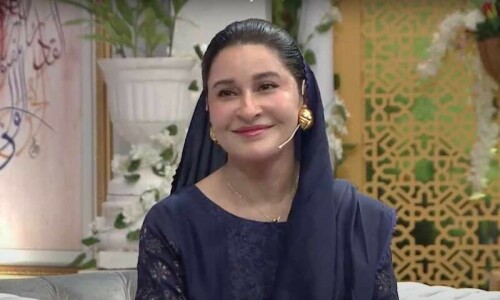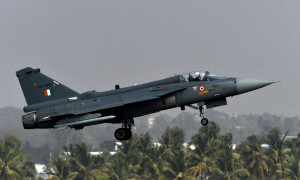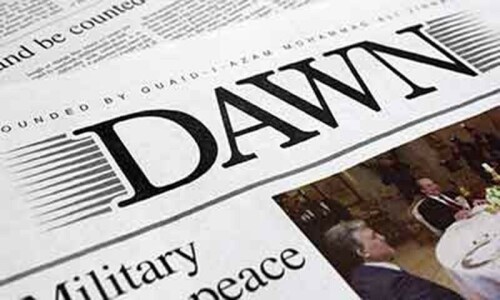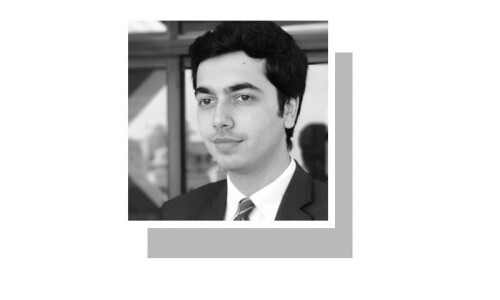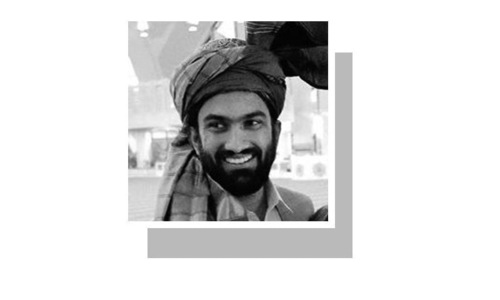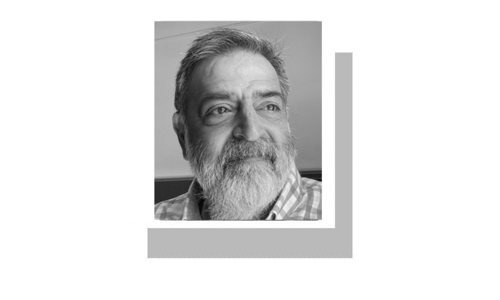BAKWAH: A breakaway faction of Afghan Taliban has appointed its own leader, posing a fresh hurdle to proposed peace talks.
Mullah Mohamed Rasool was named the leader of the faction at a gathering of dissident fighters this week in the remote south-western province of Farah, according to a reporter who attended the meeting.
It is unclear whether the new group can rally wide support but its emergence exposes simmering rifts within the movement since the announcement of long-time leader Mullah Omar’s death in late July.
“Mansour is not our emir-ul-momineen,” Rasool told the gathering of dozens of militants in Bakwah district, referring to the respected title of “commander of the faithful”.
“We don’t accept him as our leader. He was not elected lawfully in accordance with Sharia to lead the group,” said Rasool, wearing glasses and a black turban and flanked by heavily armed fighters.
Splits emerged at the top of the Taliban following the appointment of Mansour as replacement for Omar, the movement’s founding leader whose death was confirmed this summer.
Many in the movement were unhappy that the death had been kept secret for two years — during which time annual Eid statements were issued in Omar’s name.
Others said the process to choose Mansour as his successor was rushed and even biased.
Among Mansour’s opponents were members of Omar’s family, though the late leader’s son and brother recently pledged allegiance to the new chief, according to Taliban leaders.
The emergence of the new group is unlikely to threaten Mansour, who appears to have bolstered his position with a spate of Taliban military successes. But analysts warn that it bodes ill for any potential peace talks, which have stalled since the announcement of Omar’s death.
“The rise of this hard-line group marks the first split in the militant movement since Omar’s death,” said Waheed Mujhda, an Afghan analyst and former foreign ministry official during the 1996-2001 Taliban regime.
“It could attract more hard-line fighters and make any future peace talks more complicated for the Afghan government,” Mujhda said.
The Taliban have so far not commented on the rise of Rasool, who was believed to be close to Omar and served as the governor of south-western Nimroz province during the group’s rule.
He has appointed four deputies — Mullah Baz Mohammad Haris, Abdul Manan Niazi, Mansoor Dadullah and Shir Mohammad Akhundzada — but did not reveal the number of followers his group has.
Mujhda said Niazi and Dadullah were the only two prominent faces, both regional commanders with limited influence to wean away other Mansour loyalists.
“This splinter group cannot pose a military challenge to Mansour, who has dozens of commanders under him,” he said. “But fighting between the two sides cannot be ruled out in the future.”
Rasool, believed to be aged between 45 and 50, insisted that his group’s mission was to “unite the mujahideen” and urged his cadres to be cautious not to start an intra-militant war.
Published in Dawn, November 6th, 2015
On a mobile phone? Get the Dawn Mobile App: Apple Store | Google Play
























